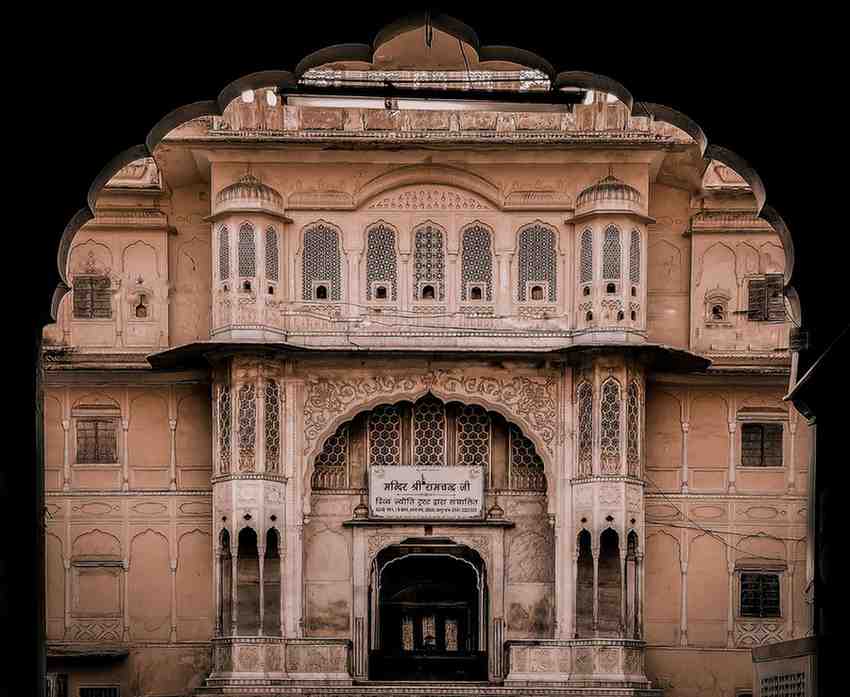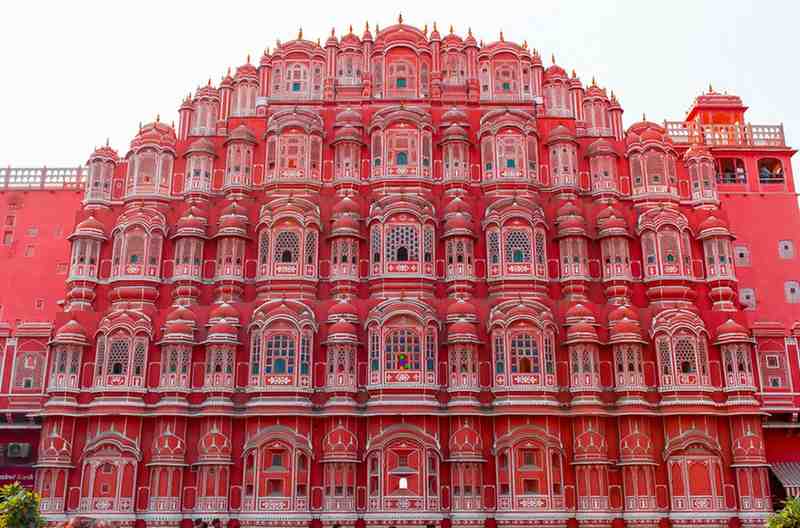| The word Jaipur means “City of Victory,” named after its founder Maharaja Sawai Jai Singh II, symbolizing prosperity, success, and strategic planning. |
Jaipur, the capital of Rajasthan, is known worldwide for its royal heritage, architectural wonders, and rich culture.
But have you ever wondered what the word “Jaipur” actually means?
Many travelers and history enthusiasts are curious about the origin of the name Jaipur and why this city was given such a name.
Was it named after someone, or does it carry a deeper meaning?
In this article, we’ll explore the linguistic meaning, historical background, and cultural significance of the name Jaipur and uncover why it continues to be an iconic name in India’s history.
The Literal Meaning of ‘Jaipur’
The name Jaipur (जयपुर) is derived from two Sanskrit-Hindi words:
- ‘Jai’ (जय) → Meaning Victory, Success, or Triumph
- ‘Pur’ (पुर) → Meaning City, Settlement, or Town
What Does This Mean?
When combined, Jaipur literally translates to “The City of Victory.”
This name symbolizes power, prosperity, and dominance, reflecting the vision and legacy of its founder, Maharaja Sawai Jai Singh II, one of Rajasthan’s most renowned rulers.
Why Was Jaipur Named ‘Jaipur’?

Jaipur was named after Maharaja Sawai Jai Singh II, the Kachwaha Rajput king who founded the city in 1727.
Reasons for Naming the City ‘Jaipur’
✅ To honor Maharaja Jai Singh II’s rule and his achievements as a leader, military strategist, and scholar.
✅ To establish the city as a symbol of power and success in Rajasthan.
✅ To differentiate Jaipur from its previous capital, Amber, and highlight its identity as a new, planned city.
The choice of the name ‘City of Victory’ was not just a personal tribute but also a political statement—a declaration that Jaipur was meant to be a strong, thriving, and influential center of trade, governance, and culture.
The Historical Context of Jaipur’s Name
Before Jaipur was established, the capital of the Kachwaha Rajput dynasty was Amber (now Amer), located 11 km from Jaipur.
Why Did Maharaja Jai Singh II Move the Capital?
- Amber was small and lacked space to accommodate the growing population and military forces.
- Water scarcity was becoming a major problem in Amber.
- Jaipur’s location was strategically better for trade and defense, with better connectivity to Delhi, Gujarat, and Central India.
In 1727, Sawai Jai Singh II decided to build a well-planned capital city, and thus Jaipur was born.
The name was carefully chosen to reflect the ruler’s vision of victory and prosperity.
Jaipur’s Name in Different Languages & Variations

- In Hindi & Sanskrit: जयपुर (Jaipur) = City of Victory
- In English: Jaipur is often referred to as “The Pink City.”
- Local Nicknames:
- “Gulabi Nagri” (गुलाबी नगरी) → Meaning “Pink City” in Hindi, due to the pink sandstone architecture.
- “The Royal City” → Due to its grand palaces, forts, and Rajput heritage.
Although the official name is Jaipur, these variations are commonly used to describe the city’s unique identity and history.
The Cultural & Symbolic Meaning of Jaipur
Beyond its literal meaning, Jaipur has grown to represent much more:
1. Jaipur as a Symbol of Rajput Royalty 👑
Jaipur is known for its royal past, home to grand palaces, magnificent forts, and opulent lifestyles.
The city still preserves the legacy of Rajput kings, making it one of the most visited royal cities in India.
2. Jaipur as a Hub of Architecture & Planning 🏰
- Jaipur was India’s first planned city, designed using Vastu Shastra and Shilpa Shastra principles.
- The city layout, palaces, and streets were structured to reflect prosperity and symmetry.
3. Jaipur as a Center of Trade & Business 💰
- Jaipur has historically been an important trade hub for gems, jewelry, textiles, and handicrafts.
- The Marwari and Jain business communities have helped make Jaipur an economic powerhouse in Rajasthan.
Jaipur’s name is now synonymous with royalty, tradition, architecture, and commerce, making it a true heritage city.
What Does ‘Jaipur’ Signify Today?
Jaipur’s name is much more than just a title—it symbolizes victory, history, and cultural grandeur.
- Named after Maharaja Sawai Jai Singh II, Jaipur was built as a testament to power, strategic planning, and prosperity.
- While its literal meaning is “City of Victory,” today it represents heritage, tourism, business, and Rajput pride.
- From its grand forts and palaces to its bustling markets and modern developments, Jaipur continues to stand tall as one of India’s most iconic cities.
Even centuries after its founding, Jaipur remains a city that lives up to its name—a city of triumph, beauty, and legacy.

